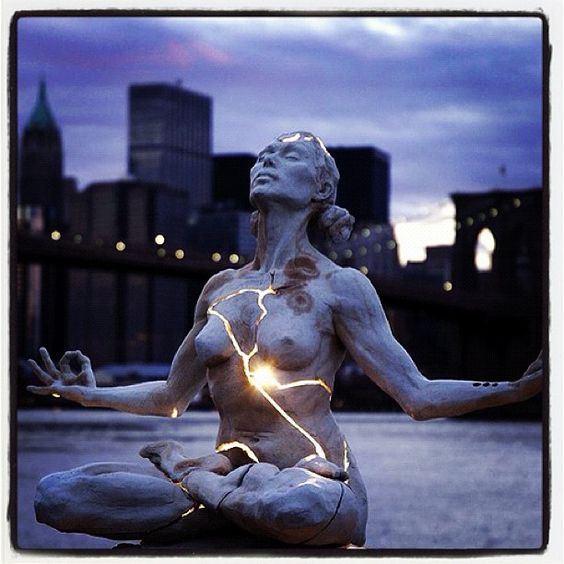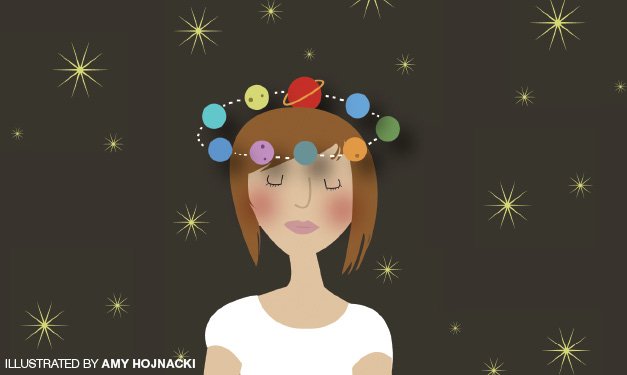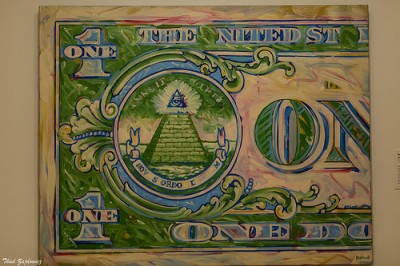Since opening my holistic practice, I’ve had women tell me they would like to be a Lightworker, too. Many of these women are working in corporate America and I have to laugh when they say this to me. You see, I believe they already are!
The most Universal mission of a “Lightworker” is to help bring healing to others and to raise consciousness in our world. While this happens often in private sessions and ceremonies, arguably the most important place it happens is in mainstream society during day-to-day routines. Following are just a few of the many ways we can raise the vibration of our planet and bring healing to ourselves and each other.
Bring a smile, laughter, and/or joy into the life of another. When we are struggling, in pain, sad, mad, etc. we are operating at a lower vibrational frequency than laughter, joy, and happiness. Bringing a shift to someone’s mood for a small instant may be just the break they needed to be able to see things in a different perspective.
Listen. Since being on this path, my biggest shift has been the pace at which I live my life. I don’t stay lost in busy for too long. As a result, when I am with someone, or even on the phone, I set aside everything else I’m doing to listen, and I really, really listen. I hear what isn’t said. I feel what isn’t expressed. We all have a lot of intuition we’ve not recognized or honored in that busy state. Feeling heard and acknowledged is empowering to everyone!
Be kind. In a world focused on to-do lists and goals and the next great thing, taking a moment to let someone into a busy lane in traffic, giving a stranger the dime she’s digging for at the bottom of her purse, telling another a hard-to-hear truth in a gentle, loving way… the list is infinite. Kindness in big or small ways breaks routine and creates a special moment, a special connection. We remember kindness.
Love. When I feel angry or wonder how someone can feel that way or see a situation that way, that’s my cue to remember that we are all souls on evolutionary journeys having experiences that are right for us at this time. The appropriate response to everything is love. I allow myself to feel whatever I feel and love myself and them through it. Heck, it may be me not seeing things in a perspective for the Highest Good, and I too am on my own soul journey. Loving you and loving me immediately takes me out of the drama of the moment and back to the point of it all.
“Be the Change.” My favorite Ghandi quote is to be the change we wish to see in the world. It’s also a lesson in loving and nurturing ourselves first, and then from that place radiating outward. Maybe we’ve been taught that is selfish, but it is not. It is self-care. It is taking care of the only thing we can ever control in this world, ourselves. Furthermore, when others see us whole and happy and radiant, they want what we have and actually seek ways to achieve it for themselves. It really all begins with me.
Ironically, these key behaviors for higher-vibrational living are often overlooked even by those with full-time professions as Lightworkers, yet they make all the difference! In truth, any one of us can raise the vibration of our world, and indeed it will take all of us to do it. Good thing we don’t all have to get licenses and certifications and open practices and healing centers to get there, although it’s a beautiful experience for those guided to do that. Still, each of us is a Lightworker at heart and it is the practices I have listed here that will transform our planet. May we remember that all are free and available to every one of us.
About the Author:
 Sheryl Sitts, MPA, BA, ONE-TLC Coach, Pranic & Reiki Sound Healing Practitioner founded JourneyOfPossibilities.com to inspire, educate and connect holistic spirituality enthusiasts through private sessions and events, a weekly podcast, and a seasonal digital magazine.
Sheryl Sitts, MPA, BA, ONE-TLC Coach, Pranic & Reiki Sound Healing Practitioner founded JourneyOfPossibilities.com to inspire, educate and connect holistic spirituality enthusiasts through private sessions and events, a weekly podcast, and a seasonal digital magazine.





















